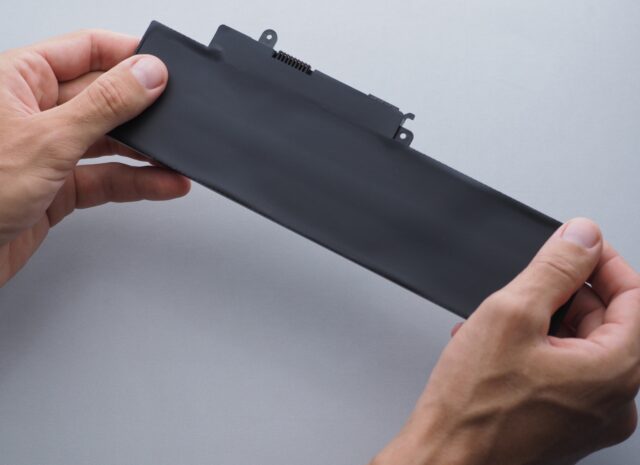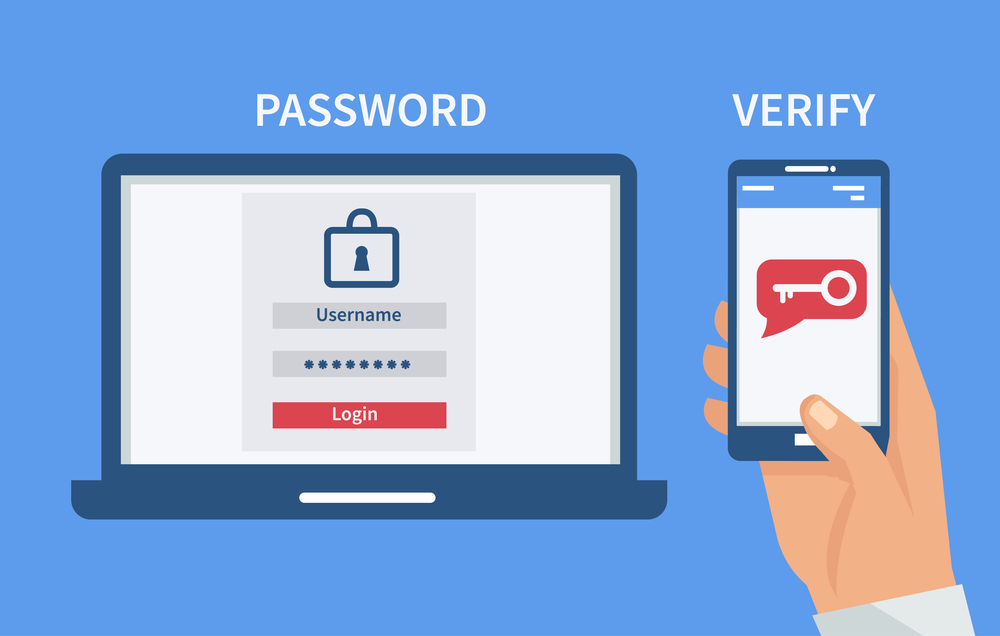
If you work remotely, having the right tools is crucial if you want to be productive and efficient.
Among these tools, a reliable laptop is arguably the most essential. But with many options available, how do you choose the perfect laptop for your remote work requirements?
Get ready to embark on a technological journey of discovery as we guide you through the key factors to consider when selecting a laptop that will enhance your productivity and hopefully help you thrive in a remote work environment.
Performance Matters: Find The Right Balance
When you’re working remotely, a laptop’s performance plays a vital role in your productivity. Consider the tasks you regularly perform and choose a laptop with a processor that can handle them smoothly.
If you opt for an Intel Core i5 or AMD Ryzen 5 processor, you will enjoy a solid balance between performance and power efficiency. Additionally, you should prioritize laptop models with sufficient RAM (8GB or higher) to handle multitasking without slowing you down.

Battery Life: Keep Going Without Interruptions
Working remotely often means being away from power outlets for extended periods. Consequently, you should opt for a laptop with excellent battery life to ensure uninterrupted productivity. In particular, peruse laptop models that offer at least eight hours of battery life, as this will give you the freedom to work on the go without constantly worrying about finding a power source.
Consider laptops equipped with efficient processors and energy-saving features for optimal battery performance.
Display Quality – Strain-free Visual Experience
Your laptop’s display is your window into your work, so it’s essential to choose one that offers a comfortable and visually pleasing experience. Aim to bring home a laptop with at least a Full HD (1920 x 1080) resolution display, providing crisp and sharp visuals.
For your own well-being, you should also consider options with anti-glare or matte screens to reduce eye strain, especially if you work in well-lit environments. For tasks requiring color accuracy, a laptop with an IPS panel is the perfect solution, as it ensures better color reproduction.
Of course, sometimes even the best laptop will experience screen issues! If you have a Mac and you suddenly find your screen covered with wavy lines and begin panicking and wondering “why is my computer glitching?”, there’s often a simple explanation behind it that requires a little tweak to fix, as SETAPP demonstrates in detail.

Portability: Work Anywhere, Anytime
One of the advantages of remote work is the ability to work from various locations. Portability becomes crucial when you’re constantly on the move. As such, you should consider choosing a laptop that strikes a balance between performance and weight. Ultrabooks or thin and light laptops are excellent options, as they offer both power and portability.
Ideally, the laptop you buy should weigh around 3 lbs. (1.4kg) or less, making it easy to carry in your bag without compromising on performance.
Comfortable Keyboard And Trackpad
As a remote worker, you’ll likely spend significant time typing, so a comfortable keyboard is essential. Look for laptops with well-spaced and tactile keys, offering a satisfying typing experience.
Additionally, consider laptops with a responsive and accurate trackpad, allowing for precise cursor control. A backlit keyboard can benefit those working in dimly lit environments.

Connectivity Options: Stay Connected Seamlessly
Remote work relies heavily on connecting to the Internet and collaborating with colleagues. Ensure that the laptop you choose offers reliable and versatile connectivity options. Set your sights on laptops equipped with Wi-Fi 6 (802.11ax) for faster wireless speeds and improved stability.
For added convenience, it’s recommended that you browse laptop models that feature multiple USB ports (preferably USB 3.0 or higher), an HDMI or DisplayPort for external displays, and an SD card slot for easy file transfer.
Storage Space And Expandability
Evaluate your storage needs when choosing a laptop. Solid-State Drives (SSDs) are preferable due to their faster read/write speeds when compared to traditional Hard Disk Drives (HDDs).
Aim for a minimum of 256GB of storage, though 512GB or more is ideal for accommodating your work files, applications, and media. You should consider a laptop that comes with expandable storage options or an available M.2 slot if you anticipate needing more storage in the future.
Security Features – Protect Your Data!
Remote work often involves handling sensitive information, so security is paramount. Look for laptops with built-in security features such as biometric authentication (fingerprint scanner or facial recognition) or Trusted Platform Module (TPM) for hardware-based encryption.
Need any more security tips? Consider laptops that offer firmware or software security features, regular security updates, and the ability to encrypt your data for an added layer of protection.

Final Thoughts
When it comes to remote work, selecting the perfect laptop is a decision that can significantly impact your productivity and overall work experience. Take into account vital factors such as performance, battery life, display quality, portability, keyboard comfort, connectivity options, storage space, and security features.
By evaluating your specific needs and aligning them with the laptop’s capabilities, you can hopefully find the ideal device that empowers you to thrive on your remote work journey. Choose wisely, and enjoy a seamless and productive work experience from anywhere in the world!









